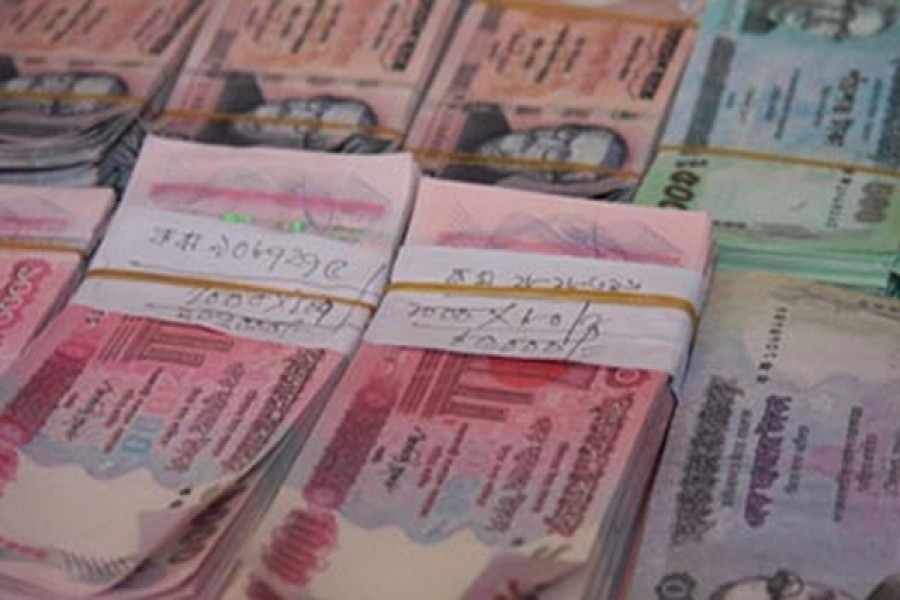A fiscal package of Tk 727.50 billion that Prime Minister Sheikh Hasina has announced to cushion the economy against the ongoing slowdown is well-timed. It is believed to be of help to bail out the badly affected large, medium and small industries both domestic and export-oriented as well as those in the service sector. Inclusive of the previously offered Tk 50 billion worth of incentive package meant for providing wages and salaries for the workers in the export sector, especially the RMG manufacturers. It is hoped that the freshly injected government fund would help the businesses regain confidence so they may ride out the hard times.
However, the success of this fiscal intervention to buoy up the economy in such troubled times would depend to a large extent on proper delivery of the incentives to the intended beneficiaries and their utilisation as such. As for instance, for the huge sum of Tk 300 billion fund to bring result, the banks through which it would be channeled must ensure that their existing or would-be clients are eligible and in real need of the precious low-interest loans as their working capital. So, here the banks would have a high stake in ensuring that the money is put to good use. At the same time, a monitoring mechanism should also be in place from the government's side to see that the fund will be well-spent.
Further, the financial health, especially, the liquidity position, of the banks concerned would also be a crucial factor for success of this particular scheme. Same is true of the Tk 200 billion to be used by the small and medium industries.
While the announced financial packages are a good piece of news for the entities already carrying out their business as clients of the banks, there are also many small-and micro-enterprises, especially in the informal sector of the economy who may not have the access to the mainstream financial institutions like the banks to run their business activities. Such business entities are spread all across the country including small grocery shops, small and micro-level producers of various commodities for household use, mobile units supplying daily necessaries including foodstuffs, street hawkers and so on. Most of them have been thrown out of their business as a result of the shut down.
The government may well think of a mechanism to also include these micro-enterprises in the informal sector under its financial packages to save millions of families facing existential crisis as a result of the ongoing pandemic-inflicted crisis. And these small and micro-level enterprises merit consideration very much as part of the domestic industries whose protection is close to the heart of the prime minister.
What one must not lose sight of is that the fiscal incentives are scarce public resources meant to meet emergencies in uncertain times. Since the businesses are in the doldrums, the government has come forward to fill the gap created in the economy. The increased government spending is expected to generate income and job opportunities for the people to weather the crisis period. That requires the users of the funds to be judicious and responsible to ensure that the public money does not go to waste.
It is believed as in the past, the nation would be able to demonstrate its resilience and live through the trying times with prudent use of its resources.


